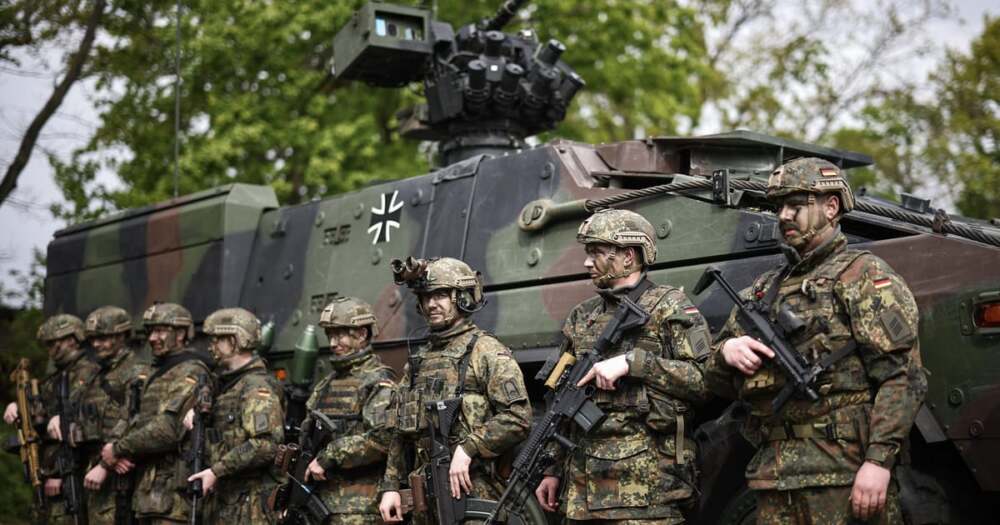The notion of sending European peacekeeping forces, including German troops, into Ukraine amid ongoing peace efforts has ignited heated debate in Germany, spotlighting political sensitivities, public skepticism, and concerns over military readiness.
Political Divide in Berlin
Chancellor Friedrich Merz has signaled cautious openness to the idea, emphasizing that any decision would need broad European coordination and explicit approval from the Bundestag—a requirement that raises political hurdles for a chancellor whose appointment was confirmed only after multiple attempts.
Yet, resistance is strong and widespread. The far-right Alternative for Germany (AfD) condemned the notion outright, labeling it “dangerous and irresponsible” and accusing the government of warmongering. Similarly, the socialist Left Party called for a United Nations mandate instead of NATO involvement, warning that deploying German troops without broader international legitimacy risks dangerous escalation.
Within Merz’s own coalition, doubts persist. Foreign Minister Johann Wadephul cautioned that the Bundeswehr—already contributing troops to NATO’s Eastern flank—would likely be overwhelmed by additional deployments into Ukraine.
Public Sentiment Remains Polarized
Polls reflect the ambivalent mood across Germany: roughly half of respondents support sending peacekeepers to Ukraine, while a near equal proportion oppose it. Opposition is particularly strong in Eastern states, where historical memories and pacifist leanings run deep. Many Germans remain wary of repeating past mistakes associated with military overreach, recalling missteps in Afghanistan and Mali, and cautious of entanglement in a direct confrontation with a nuclear-armed Russia.
Military Constraints and Strategic Realities
Germany’s armed forces are under strain, limited by both structure and capacity. Military analysts—and even Bundeswehr reservists—warn that the force is stretched thin. Deploying troops to Ukraine would likely overstretch Germany’s military, which already has a brigade committed to Lithuania as part of NATO’s deterrence effort. Without a significant buffer zone between peacekeepers and Russian forces, such an operation could become untenable, requiring overpowering troop numbers that Europe may not muster.
Moreover, Germany has made strides in defense modernization, including committing to a €100 billion special fund and increasing defense spending—initiatives initiated after Chancellor Scholz’s “Zeitenwende” speech. However, these reforms alone may be insufficient to support new deployments without sacrificing readiness elsewhere.
Strategic Alternatives in Play
Europe is far from reaching consensus on deploying troops to Ukraine. Chancellor Merz and Italian Prime Minister Giorgia Meloni have both stressed that diplomacy, ceasefire negotiations, and defining future security guarantees must take precedence over troop deployment at this stage.
Meanwhile, broader European efforts are underway. The UK, France, Lithuania, and Estonia have expressed interest in providing peacekeeping support. Discussions among over two dozen countries are ongoing to possibly form a “coalition of the willing” to offer security guarantees should a ceasefire emerge. China has even indicated readiness to participate—under a United Nations mandate—though concerns about its neutrality persist.
A Nation at a Strategic Crossroads
Germany finds itself at a crossroads between moral responsibility and prudent caution. With memories of past military overextension still fresh and a fragile public consensus, any decision to deploy troops will require navigating complex domestic politics, ensuring military feasibility, and coordinating multilaterally.
















Leave a Reply